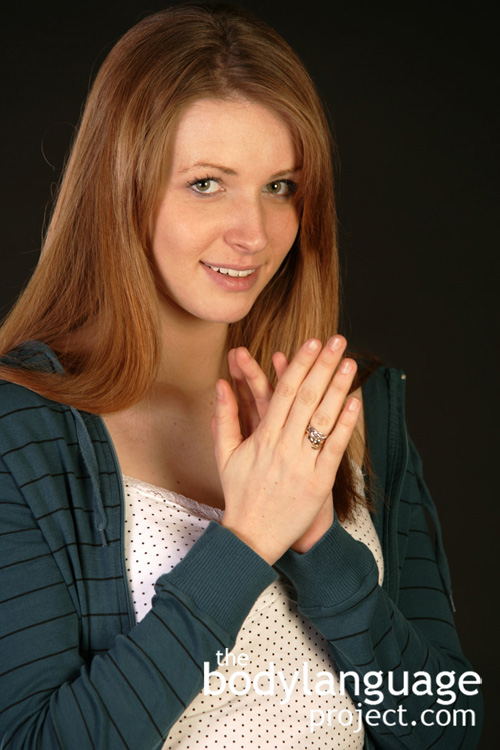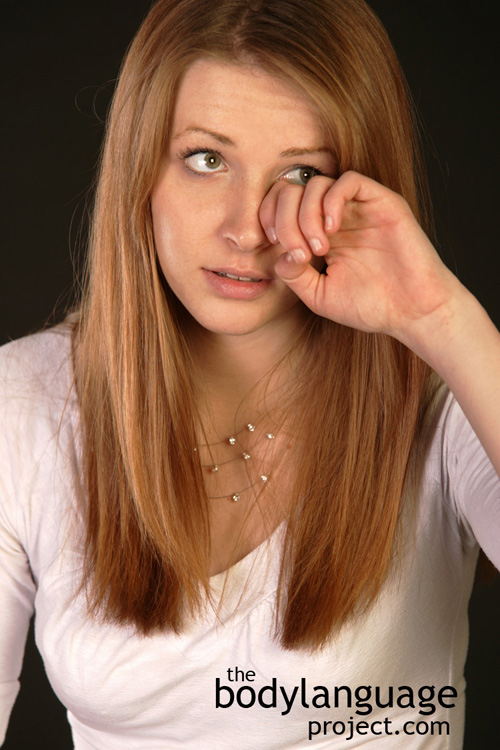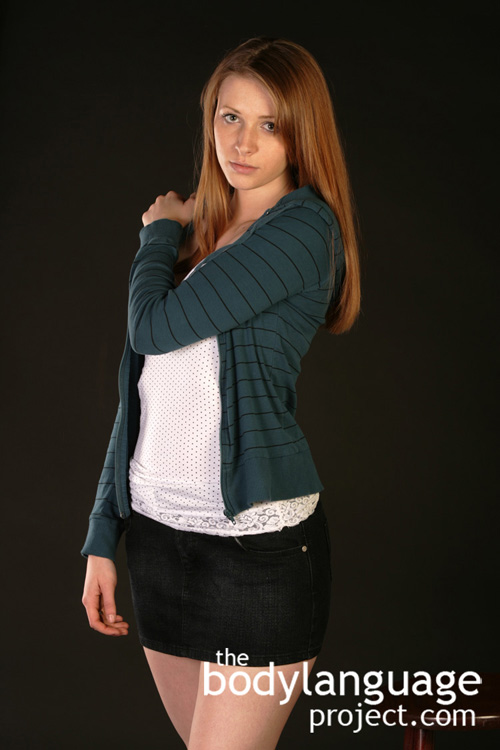
Hand rubbing is a primitive throwback – we’re cleaning our hands to get ready to receive.
Rubbing the hands together is a universal signal meaning that someone is preparing to receive something. Rubbing the hands together is figuratively like washing or cleaning them so that whatever is about to be received is kept clean. The evolutionary origins likely stemmed from the giving and receiving of food where we would have wanted loose dirt to stay off our gift.
Hand rubbing today occurs just before closing a deal or a sale, when we win a prize or the expectation to win is present. There are variations in the degree of intensity to which this hand rubbing occurs, and this also provides us with information. For example, rubbing the hands slowly often comes across as devious when accompanied with a smug smile. A used car salesman will slowly rub his hands together as he cooks up a plan to pocket a larger commission for himself at your expense.
Slow hand rubbing usually means that good is coming to the sender of the message alone, whereas quick rubbing usually indicates mutual benefit. The slow hand rubber is diminishing and concealing his signal by slowing it down or even possibly hiding it, whereas the fast rubber is making his gesture more obvious with his hands in plain view, so both parties can share in the anticipation. A real estate agent, for example, might have two suitable properties for his client, however, one might yield a higher payout for him, while the other might be more suitable for his client. If hand rubbing slows while he shows one property over the other, he might just be telling everyone which he’d rather sell. It would then be up to the buyer to do his due diligence and be cautious about the agent’s motives. In summary, we should always be careful when people rub their hands when it implies that we might benefit others at our expense, and the slower, more concealed the rubbing occurs, the more we should be weary.



